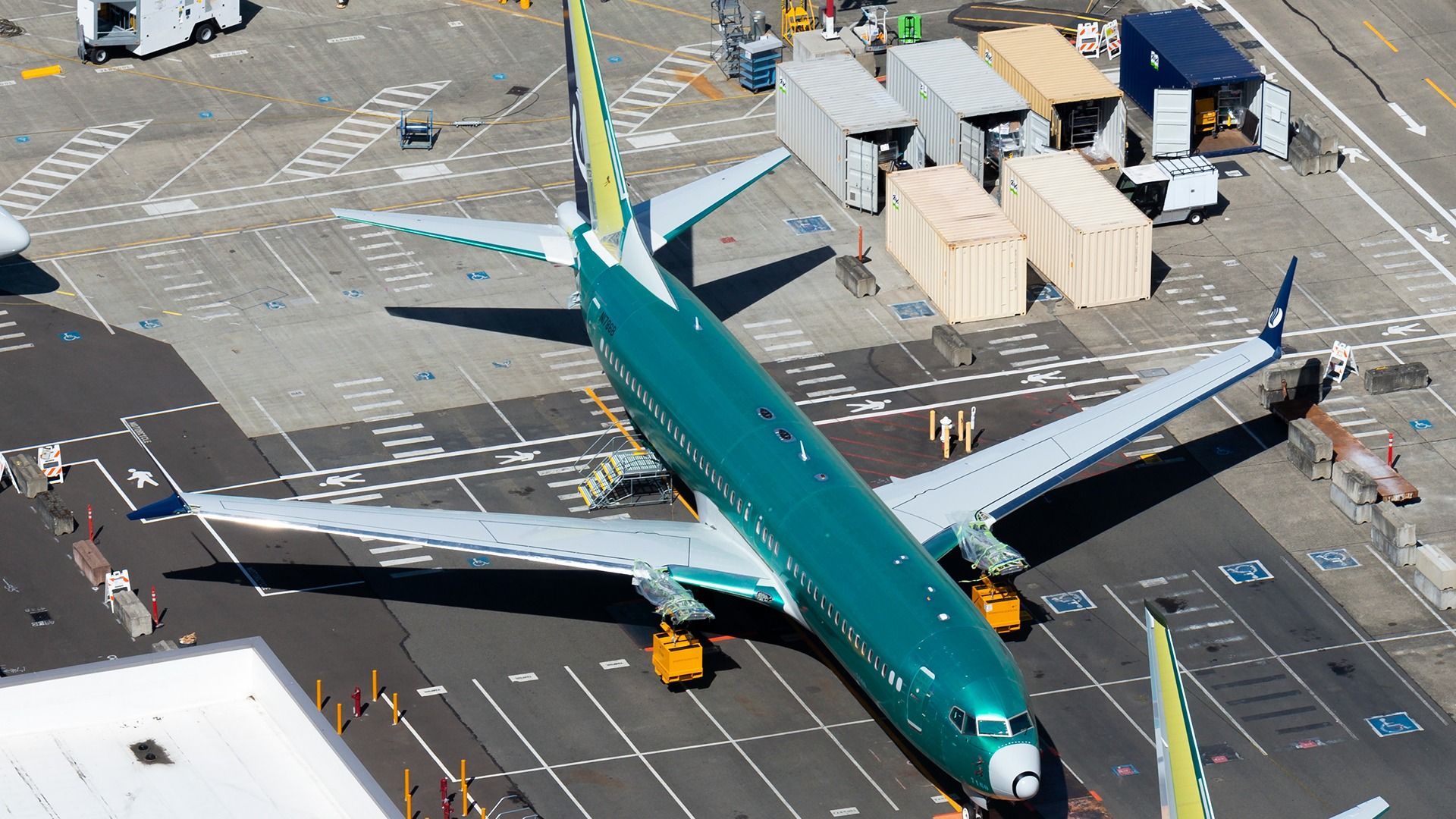Boeing and approximately 3,200 striking machinists in St. Louis are set to involve a federal mediator in their ongoing contract negotiations. The workers, who maintain advanced fighter jets and other critical defense systems, have been on strike since August 4, 2025, across three Boeing Defense manufacturing sites in St. Louis and St. Charles, Missouri, and Mascoutah, Illinois.
The machinists, represented by the International Association of Machinists and Aerospace Workers District 832, are advocating for higher wages and improved working conditions. Talks will resume on September 30, 2025, with the mediator’s assistance aimed at finding a resolution to the strike.
Strike Duration Matches Previous Walkout
As of September 26, 2025, the strike entered its 53rd day, matching the duration of a prior strike by union members in the Northwest, who primarily assemble Boeing’s commercial aircraft. That previous walkout concluded with Boeing agreeing to significant wage increases of 38% over four years. Currently, the machinists are pressing for a robust contract that addresses their demands.
Recently, the workers voted in favor of a union-backed proposal after rejecting two prior offers from Boeing. The proposed four-year agreement includes a $10,000 ratification bonus, significantly higher than Boeing’s initial $4,000 offer. The contract also addresses critical issues such as pay increases for top-scale members and enhancements to 401(k) benefits. In response, Boeing expressed disappointment at the rejection, describing the revised agreement as its most competitive contract package for the St. Louis workforce.
Union leadership expressed strong support for the workers’ decision. Brian Bryant, International President of the IAM, stated, “Our members stood up with courage and voted for a fair, responsible pathway to end this strike. Now, Boeing must honor that decision, accept this deal, and show respect for the skilled workers who are the backbone of its defense business.”
Boeing’s Financial Landscape Shift
The financial implications for Boeing during this strike differ from previous labor disputes. According to Richard Aboulafia, managing director at AeroDynamic Advisory, the current strike focuses on military programs that are either in low-rate production or still undergoing testing. This contrasts with last year’s strike, which affected the highly profitable Boeing 737 narrowbody aircraft program. Aboulafia noted that much of the equipment and components for the fighter jets have already been funded by the U.S. government, mitigating the financial impact of production delays.
In light of the ongoing strike, Boeing has indicated it may consider hiring replacement workers and is reviewing hundreds of applications submitted in response to a recent job fair. The company reported that it has continued production during the strike, delivering one F/A-18 and one F-15 and manufacturing 3,120 JDAM bomb-modification kits.
Last year’s strike concluded on November 4, 2024, with Boeing machinists approving a labor agreement after a seven-week disruption. That agreement included a 38% wage increase over four years and a range of other benefits, marking a significant concession from Boeing.
As negotiations proceed with the involvement of a federal mediator, the outcome remains crucial not only for the striking workers but also for Boeing’s operational stability and future labor relations.





































































